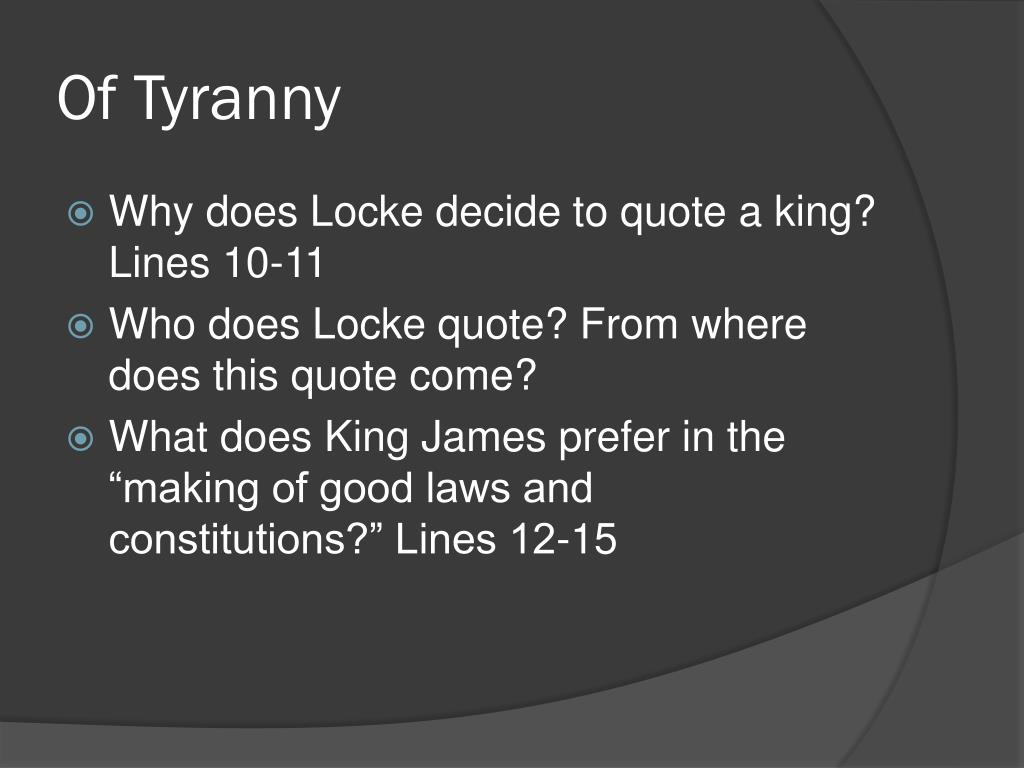


Another is the difficulty of corrupting a legislative body as opposed to an individual. One is the familiarity with the complex and, crucially, local affairs of an extensive republic that a legislative body offers. The two most relevant numbers of The Federalist on this topic- 64 and 75-identify several advantages of a blended role for the President and Senate in concluding treaties, each of which is vitiated by the use of executive agreements. But doing so on a matter of landmark and sharply contested domestic policy marks another step in the steady inward turn of the imperial presidency. Chief magistrates have long invoked “executive agreements” to sidestep the ratification process, and President Bush used one that looked every inch a treaty to conclude a major status-of-forces arrangement with the then-Prime Minister of Iraq. President Obama is not the first to do this.

The Constitution’s explicit partnering of the Presidency and the Senate in binding the nation in global agreements, combined with the two-thirds majority needed in the upper chamber of Congress to affirm them, points to the unique dangers of cutting one institution out of the process. It is a close contest which recent assertion of executive authority crowns the rest, but the Administration’s potential skirting of the Senate’s treaty power in negotiating an international agreement on climate change ranks high in the running.


 0 kommentar(er)
0 kommentar(er)
